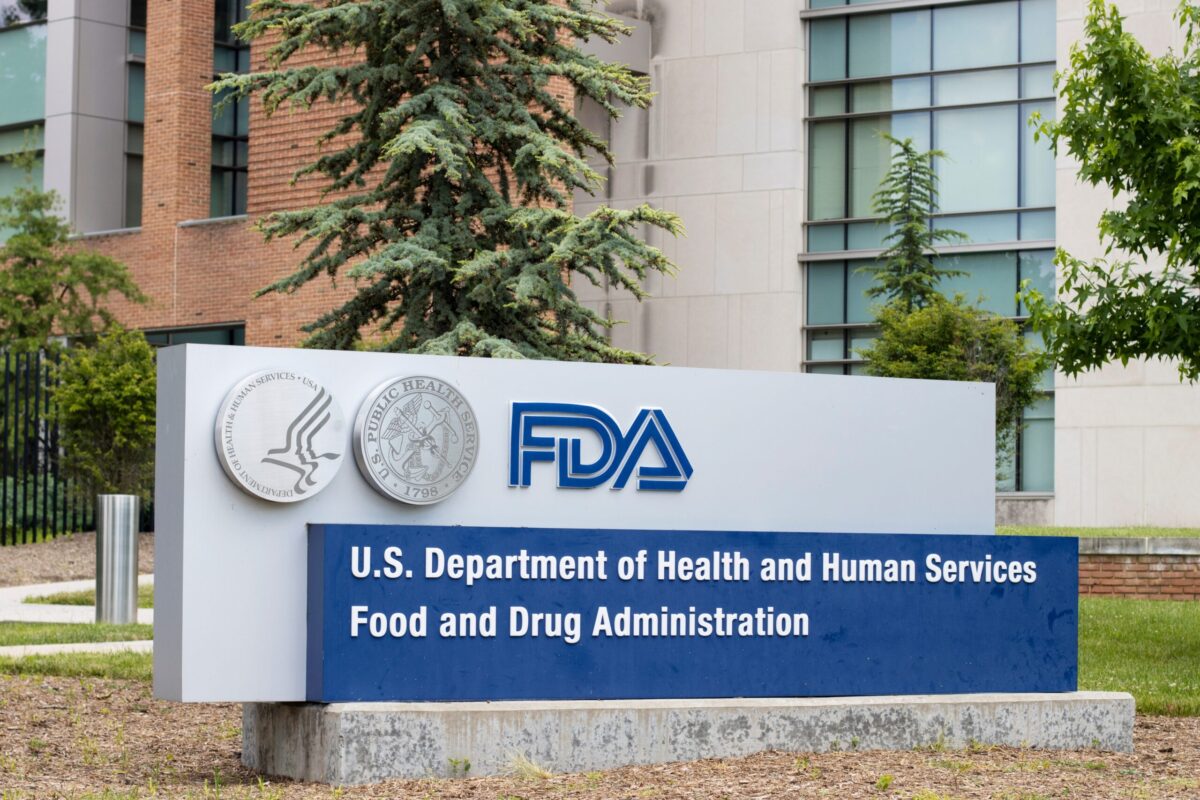The pharmaceutical industry trade group PhRMA has launched a campaign called “Let’s Talk About Cost” in which the lobbying group seeks to answer patients’ common questions about drug pricing. PhRMA announced the campaign in a post written by Robert Zirkelbach, Executive Vice President of Public Affairs at PhRMA, on The Catalyst blog.
“Discussions about costs are important,” writes Zirkelbach in the article. “We recognize that many are struggling to access the medicine they need and have important questions about their medicine costs. And we want to help find the answers.”
Drug pricing has remained an important topic of debate within the pharmaceutical and healthcare industries in recent years. While patients, advocacy groups and government regulators often place most of the blame on the pharmaceutical manufacturers themselves, PhRMA’s new campaign suggests that other parties also play a role in rising drug costs.
Zirkelbach points out that while out-of-pocket costs for prescription drugs have risen by 48 percent, 2016 medicine spending growth has been on the decline with large pharmacy benefit managers (PBM) like Express Scripts seeing growth of just three to five percent. He contends that while pharmaceutical companies may set the list prices for their drugs, payers are often given substantial rebates that may or may not be passed along to the consumer.
“Private payers are reportedly receiving rebates of between 30 percent and 55 percent for medicines to treat a number of conditions, including diabetes, asthma and high cholesterol,” says Zirkelbach. “Yet, these negotiated discounts are not shared with patients who pay a deductible or coinsurance for their medicine. Ultimately, your health insurer determines what you pay for your medicine out of pocket.”
In an accompanying presentation, PhRMA seeks to put pharmaceutical costs in context by highlighting the challenges faced by the industry in getting new drugs to market. Among these explanations for drug pricing strategies includes the increasing risk of generic competition, which represent 90 percent of all medicines dispensed according to a 2015 IMS Health report.
Competition between branded drugmakers is also heating up, with the presentation citing a decline in the time between approval of the first and second medicine in a new therapeutic class. Zirkelbach’s post also seeks to educate people on how the pharmaceutical industry is supporting access to affordable medications for consumers.
“Biopharmaceutical companies offer patient assistance programs that have helped millions of patients access needed medicines for free or nearly free,” writes Zirkelbach. “They are also working with private health insurers to find new ways to pay for medicine that reward outcomes and lower costs for patients.”
The Let’s Talk About Cost campaign is set to be featured in both traditional media – including print and radio – as well as on digital and social media channels this year. PhRMA’s previous campaign, GoBoldly, was designed to highlight the innovation inherent to the pharmaceutical industry in an attempt to explain the rising cost of prescription drugs.











Join or login to leave a comment
JOIN LOGIN